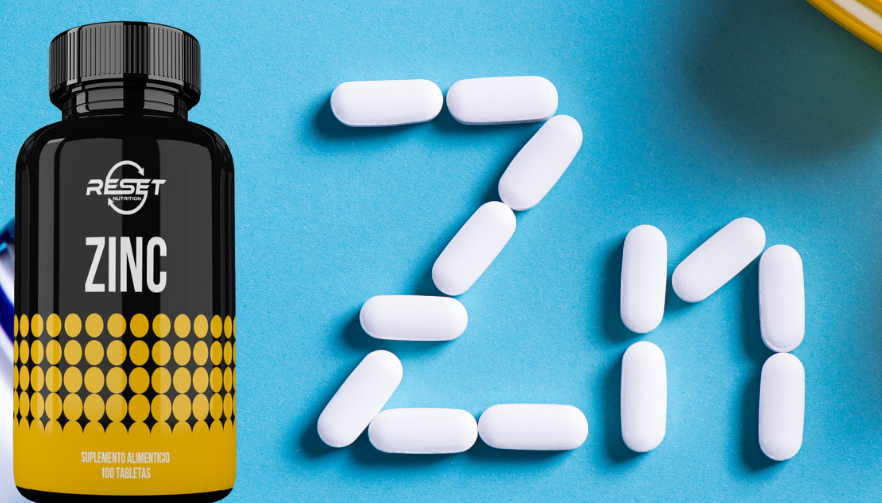Your Cart is Empty
📦🛒🎊FREE SHIPPING 📦🛒🎊
📦🛒🎊FREE SHIPPING 📦🛒🎊

Why Might You Be Low on Zinc? Find Out the Causes and How to Spot It
October 09, 2024 2 min read
Zinc is one of those essential minerals your body can’t do without. It’s involved in everything from keeping your immune system strong to helping wounds heal. But why might you end up with a zinc deficiency? Let’s break it down and figure out how you can tell if you’re not getting enough.
- Not Enough Zinc in Your Diet
- Veggie or Vegan Diets: If you don’t eat meat or seafood, you might not be getting enough zinc since plant-based foods have less of it, and it’s harder for your body to absorb.
- Low-Protein Diets: Foods rich in zinc—like beef, chicken, and eggs—might not be on your plate often enough.
- Trouble Absorbing Zinc
- Digestive Issues: Conditions like Crohn’s disease, colitis, or celiac disease can mess with how well your gut absorbs nutrients, including zinc.
- Gut Surgeries: If you’ve had procedures like gastric bypass, your body might not be absorbing zinc as well as it used to.
- Losing Too Much Zinc
- Sweating a Lot: Athletes or anyone who sweats heavily can lose zinc through sweat.
- Kidney Problems: Some conditions cause you to lose zinc in your urine.
- Your Body Needs More Zinc Than Usual
- Pregnancy and Breastfeeding: Growing a baby or feeding one means your zinc needs are higher.
- Growth Spurts: Kids and teens need more zinc when they’re growing quickly.
- Lifestyle Factors
- Too Much Alcohol: Drinking heavily can mess with how your body absorbs and uses zinc, plus you lose more of it when you pee.
- High-Phytate Foods: Foods like whole grains and beans have phytates that block zinc absorption.
- Chronic Health Issues and Aging
- Getting Older: As you age, you might eat less zinc-rich foods or have trouble absorbing nutrients.
- Chronic Conditions: Diabetes and kidney disease can increase your body’s zinc needs or cause you to lose more zinc.
- Certain Medications
- Diuretics and Antacids: Some meds for blood pressure or heartburn can lower your zinc levels over time.
Signs You Might Be Low on Zinc
- You keep getting sick
- Cuts and wounds take forever to heal
- Your hair’s falling out
- White spots on your nails or brittle nails
- Skin problems like acne or rashes
- You’ve lost your sense of taste or smell
How to Avoid a Zinc Deficiency
The best way to keep your zinc levels up is by eating foods rich in zinc like red meat, shellfish (oysters are the best!), nuts, seeds, and fortified cereals. If you’re at risk of deficiency, consider taking a supplement
Leave a comment
Comments will be approved before showing up.
Subscribe
Sign up to get the latest on sales, new releases and more …


